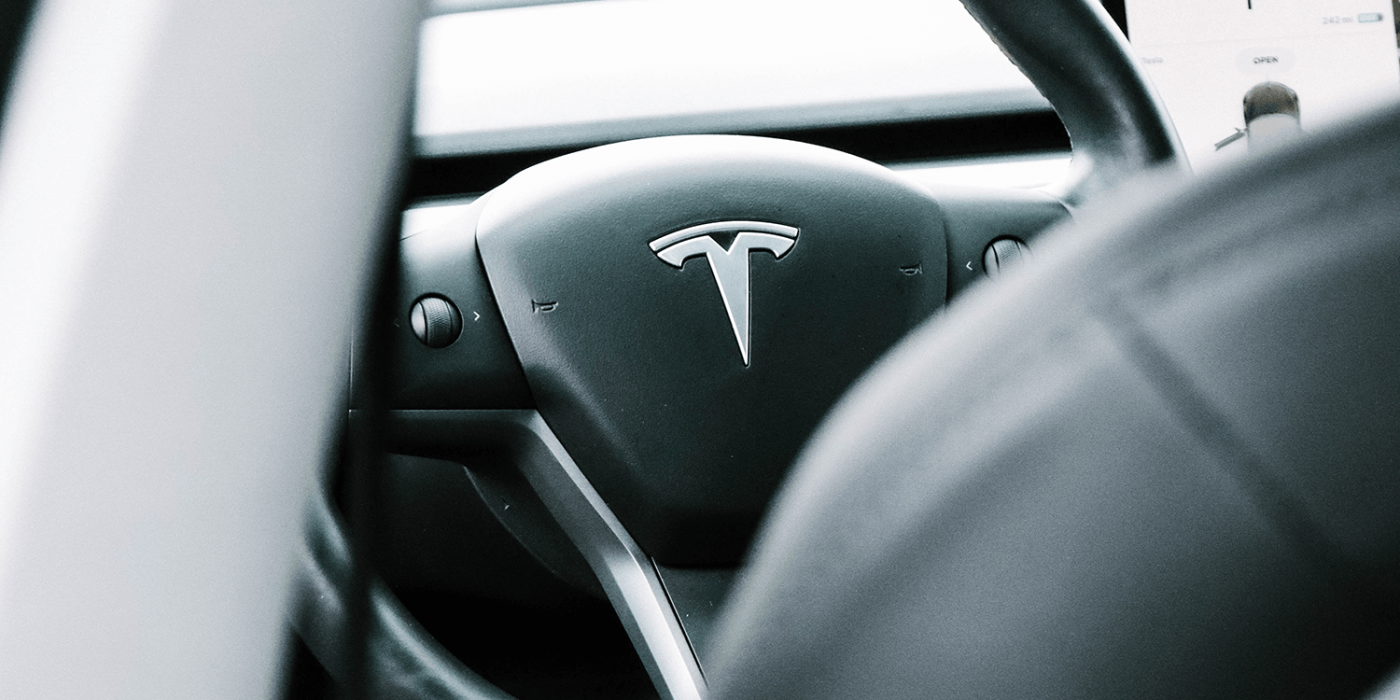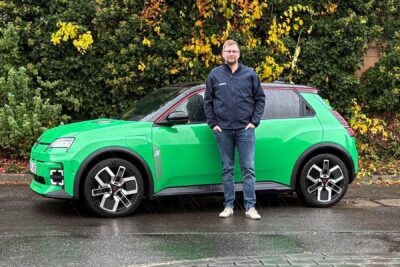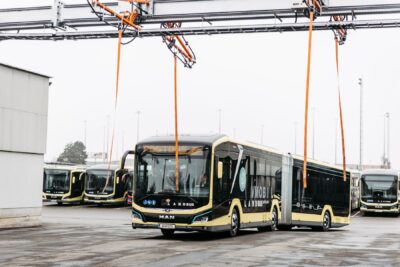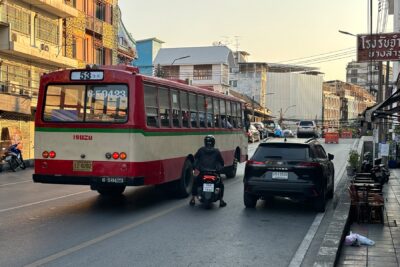Tesla unhappy with German permit approval process
Because the official permit for the factory in Grünheide is still pending, Tesla criticises the obstacles in German permit law in a ten-page incendiary letter. In the paper, the company calls on the Federal Republic to give energy transition projects priority for approval.
The letter, addressed to the Higher Administrative Court of Berlin-Brandenburg and reported on by German media, is an indirect letter of support for the lawsuit filed by environmental protection agency Deutsche Umwelthilfe (DUH) against the Federal Republic of Germany to enforce a concrete government programme to implement the Paris Climate Agreement signed by Germany.
With the construction of its electric car plant in Grünheide, Tesla is contributing concrete practical experience, so to speak. After the announcement in November 2019, production is to begin there this July, but the Californian company is still waiting for the final environmental approval. So far, all construction progress in Grünheide has been based solely on provisional permits made possible by the Federal Immission Control Act. If Tesla is denied final environmental approval, Tesla will have to dismantle everything at their own expense.
In future, 500,000 electric cars per year are to be produced in Brandenburg. The production of battery cells is also planned. According to a recently published article in the Handelsblatt, Tesla wants to apply for permission to manufacture battery cells in Grünheide by July of this year at the latest. According to this, the production start for the cells is targeted for 2022.
Tesla is now venting its frustration with the German licensing authorities. Several media outlets quoted from the ten-page public letter dated 07 April: “Tesla Brandenburg has experienced first-hand that obstacles in German permitting law are slowing down the necessary industrial transformation and thus the transport and energy turnaround,” the letter reads. In contrast to Germany’s ambitious climate goals, “German permitting and planning processes date from a time when these concerns seemed less urgent”.
“The result is that the approval process for what is in effect an environmentally friendly project is still the same as for a coal-fired power plant,” Tesla writes. The process takes too long, “it is very difficult to make changes even if they are positive overall” and “the process is fraught with legal risk at every step”. This discourages necessary investments in clean energy projects and infrastructure and makes it virtually impossible for Germany to achieve its climate goals. Tesla denounces, with regard to Gigafactory 4, “that 16 months after application there is still no timetable for issuing a final permit.” This is “particularly irritating” because “the basic permissibility of the project has been examined and confirmed by several courts and not a single court decision has called into question the basic approval of the project.”
The sender of the letter is ‘Tesla Manufacturing Brandenburg SE’; the offshoot of the car manufacturer founded for the construction of the local plant. According to the Tagesspiegel, the letter is addressed to the Higher Administrative Court of Berlin-Brandenburg as an indirect letter of support for the above-mentioned lawsuit of the DUH. This is clear from the following passage in the paper: “Tesla Brandenburg is aware of the DUH’s demands from the public and is of the opinion that it is in the interest of the Higher Administrative Court and the parties involved in these proceedings that Tesla Brandenburg shares its experience with German approval procedures.”
tagesspiegel.de, focus.de, spiegel.de, welt.de, google.com (the original letter; all links in German)





1 Comment